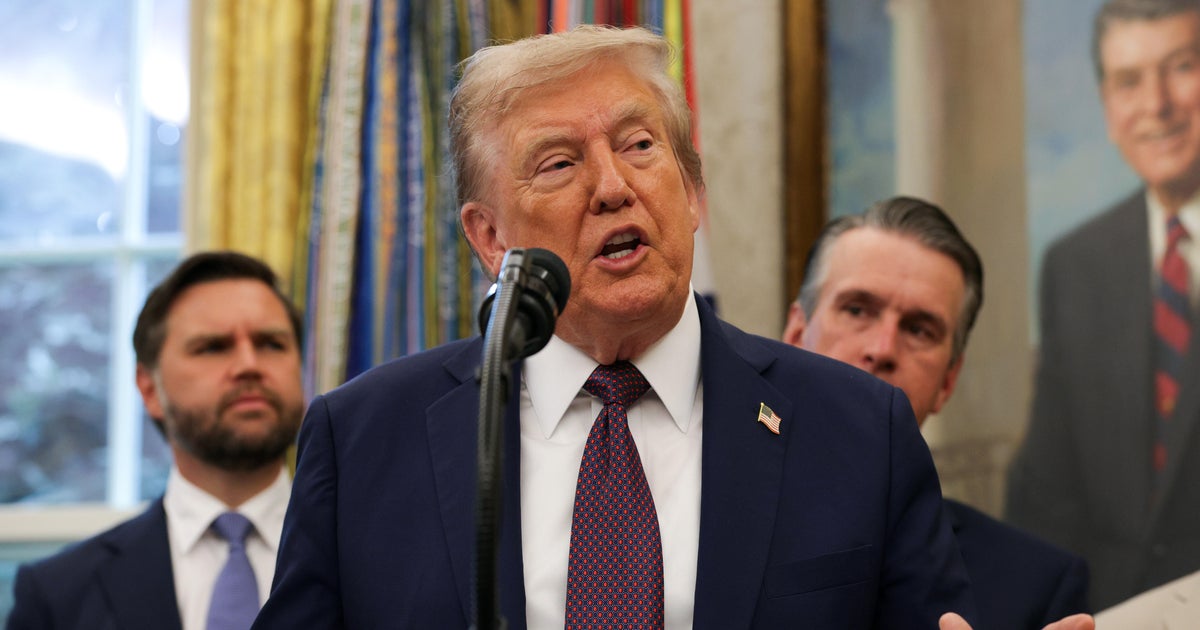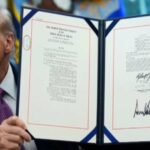In a significant legal development in Washington, a federal judge in California, U.S. District Judge Edward Chen, has issued a ruling blocking the Trump administration’s efforts to terminate the Temporary Protected Status (TPS) program for migrants from Venezuela and Haiti. This decision, delivered on a Friday, represents a critical juncture for hundreds of thousands of individuals relying on this program for their safety and livelihood in the United States.
Temporary Protected Status is a humanitarian measure enacted by Congress in 1990. It is designed to provide temporary refuge in the U.S. to people from countries experiencing severe conditions such as armed conflict, environmental disasters, or other extraordinary circumstances that temporarily render the country unsafe for return. Beneficiaries of the TPS program are allowed to live and work in the U.S. for a designated period, which can be extended depending on the persistence of adverse conditions in their home countries.
The controversy began when Homeland Security Secretary Kristi Noem, appointed during President Trump’s second term, initiated a series of actions to roll back the TPS designations extended by the previous administration. These protective statuses had been granted or renewed by the Biden administration for several countries facing dire situations, including Venezuela—which represents the largest group under TPS, covering approximately 600,000 migrants—as well as Haiti, Afghanistan, Cameroon, and Ukraine.
Secretary Noem’s aggressive push to terminate TPS for Venezuelan and Haitian migrants was met with immediate legal challenges. The National TPS Alliance, alongside a cohort of Venezuelan migrants who had benefited from the program, filed a lawsuit arguing that the Secretary exceeded her authority by attempting to unilaterally reverse extensions granted by her predecessor. This case swiftly escalated, highlighting significant legal and ethical questions about the treatment of vulnerable populations under U.S. immigration policy.
Judge Chen’s 69-page decision is a detailed critique of the administration’s actions. He described the attempt to end TPS as “unprecedented” in its speed and manner, asserting that it not only lacked consultation with appropriate agencies but also violated established legal norms. Chen emphasized the perilous conditions in Venezuela and Haiti, noting that even the U.S. State Department advises against travel to these countries due to their unstable and dangerous environments.
This ruling represents a temporary reprieve for the migrants affected. However, the Department of Homeland Security (DHS) expressed strong dissatisfaction with the decision, promising to explore all legal avenues to reverse the judge’s order. In their statement, DHS criticized the alleged exploitation and politicization of the TPS program, framing it as a loophole that undermines national security and complicates the control of illegal immigration.
The Justice Department is expected to appeal Judge Chen’s ruling, potentially elevating the case to higher courts, including possibly the Supreme Court. Previously, the Supreme Court granted a temporary go-ahead for the Trump administration to freeze an earlier ruling by Chen, which had postponed DHS’s actions pending a full review. While this suggests a complex and possibly protracted legal battle ahead, the immediate effect of Chen’s latest decision is to preserve the TPS designations for Venezuelans and Haitians, allowing them to maintain their legal status and work permits in the U.S. temporarily.
The situation underscores the broader debates surrounding immigration policy in the United States, particularly the use of discretionary executive powers in matters of humanitarian protection. Advocates for TPS holders argue that the program is vital for safeguarding individuals who cannot safely return home, while critics, including prominent figures within the current administration, view it as an overused mechanism that complicates efforts to enforce immigration laws more strictly.
As this legal saga continues, the lives of hundreds of thousands of TPS recipients hang in the balance, resting on the outcomes of court decisions and the shifting landscapes of U.S. federal policies. The resolution of this case could have profound implications not only for those directly affected but also for the broader implementation of humanitarian protections under U.S. immigration law.









